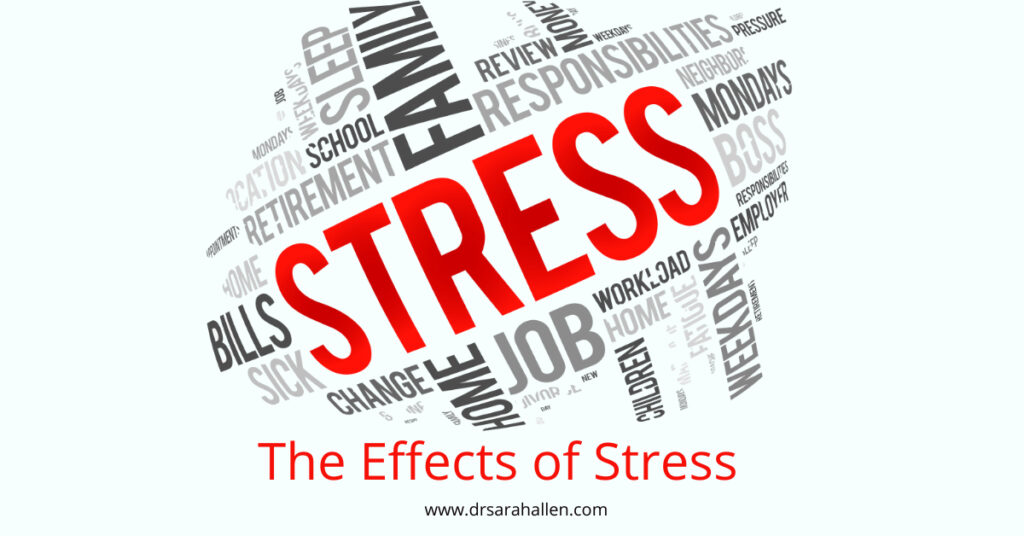
Living with Irritable Bowel Syndrome (IBS) can be frustrating and painful. It affects millions of people, and many struggle to find effective treatments. While diet and medication are common approaches, talk therapy offers a valuable tool in managing IBS symptoms.
IBS is not just a physical issue; it is closely linked to our mental health in such a way that our mood can affect our gut, and problems with our gut can affect our mood. The connection between our gut and brain is very personalized which means it is important to understand your own personal links to help you better manage your condition.
As an anxiety therapist, I have seen how talk therapy can make a significant difference for people suffering from IBS. By addressing the mental aspects of this condition, talk therapy provides effective strategies for relief. Let’s explore how understanding the gut-brain connection and using Cognitive Behavioral Therapy (CBT) can help manage IBS.
Understanding the Gut-Brain Connection
The gut-brain connection is a complex, two-way communication system between the gut and brain. This link means that gut health can affect mental state and vice versa. The vagus nerve plays a huge role in this connection, sending signals between the gastrointestinal tract and the brain.
Stress, anxiety, and other emotional states can disrupt the gut’s normal function, leading to symptoms such as bloating, gas, and stomach pain. When stressed, your brain sends signals that can impact your digestion. Similarly, discomfort in your gut can send distress signals to your brain, affecting your mood and mental well-being.

For more information on how stress can affect your emotions read The Physical Effects of Stress
Research shows that people with IBS often have heightened sensitivity in this gut-brain communication. This makes them more prone to symptoms during times of stress or anxiety. Recognizing this connection is key to managing IBS effectively. By addressing IBS’s physical and emotional aspects, you can achieve better symptom control and improve your quality of life.
Prevalence and Symptoms of IBS
IBS is a common condition that affects millions of people worldwide. According to data, about 10-15% of the global population suffers from IBS. It shows up more often in women than men, and it usually begins in early adulthood. Many people go undiagnosed because they do not seek help for their symptoms.
Symptoms of IBS can include abdominal pain, bloating, gas, diarrhea, and constipation. These symptoms can vary widely from person to person and change over time. Some people may experience more diarrhea, while others have more constipation. The pain and discomfort often interfere with daily activities, making it hard to enjoy life.
As a therapist, I see how these symptoms can affect your mental health. The constant concerns about finding a bathroom or avoiding foods that trigger symptoms can lead to stress and anxiety. Knowing how common IBS is and understanding its symptoms can encourage you to seek help and find effective ways to manage this condition. You can improve your overall well-being by addressing both the physical and emotional symptoms.
How CBT Can Help Manage IBS
Cognitive Behavioral Therapy (CBT) can be a powerful tool in managing IBS symptoms. CBT focuses on changing the negative thought patterns and behaviors that contribute to stress and anxiety, which are often linked to IBS. When dealing with IBS, stress management is crucial. Stress can exacerbate symptoms, so learning how to cope effectively can relieve it.
I use CBT in my practice to help clients develop healthy coping strategies . These can include relaxation techniques such as deep breathing exercises, mindfulness, and progressive muscle relaxation. These techniques help to calm the nervous system, reducing the frequency and intensity of IBS flare-ups.

For more in-depth instructions about breathing techniques and progressive muscle relaxation read How Deep Breathing Helps Combat Anxiety
Another key aspect of CBT is addressing anxiety around food. Many IBS sufferers worry about how certain foods will affect them, leading to restrictive eating habits and increased stress. CBT can help you identify and challenge these anxieties, allowing you to make more balanced and less fear-driven food choices. By changing how you think about food and your symptoms, you can reduce the stress and anxiety that often accompany IBS.
General stress and anxiety about non-IBS and food issues can also increase symptoms. Together we will look at you as a whole, not just a medical condition. We will see what stresses you currently face and target specific ways to address them.

For more information about CBT for stress read What Is The Difference Between Stress, Worry and Anxiety
IBS-Specific Negative Thoughts and Challenges
Living with IBS often involves dealing with many negative thoughts and challenges. These thoughts can significantly impact your mental well-being and worsen your symptoms. Examples of IBS-specific negative thoughts include:
– “I can’t go out because I’ll need a bathroom.”
– “Eating this will make my symptoms unbearable.”
– “I will never feel normal again.”
-“I can’t enjoy an evening out with friends as I won’t be able to find anything safe to eat.”
These thoughts create a cycle of anxiety and symptom flare-ups. CBT can help you identify and reframe these negative thoughts into more positive, realistic ones. For example, instead of thinking, “I can’t go out,” you might reframe it to, “I can go out and find a bathroom if I need one, my friends aren’t going to think negatively about me because I have to go to the loo.”
Challenging these negative thoughts is crucial for managing IBS. By working on changing your thought patterns, you can reduce stress and anxiety, which in turn can lessen the severity of your symptoms. When you feel more in control of your thoughts, you feel more in control of your life.

For general information on Cognitive Behavioral Therapy for managing anxiety read CBT For Anxiety: What It Is & How It Works
Understanding the gut-brain connection and the prevalence and symptoms of IBS can help you manage this challenging condition. Cognitive Behavioral Therapy (CBT) offers effective strategies for managing stress, developing healthy coping mechanisms, and addressing anxiety around food. By changing negative thought patterns and behaviors, you can better control your symptoms and improve your quality of life.
If IBS affects your daily life, it may be time to seek professional help. Dr. Sarah Allen, offers specialized in person therapy in the North Suburbs of Chicago or virtual therapy across Illinois, Florida and the UK to help you manage your IBS through proven therapy techniques. Take the first step towards better health and relief. Contact her below to make an appointment.

If you have any questions, or would like to set up an appointment to work with me and learn how to reduce anxiety, please contact me at 847 791-7722 or on the form below.
If you would like to read more about me and my areas of specialty, please visit Dr. Sarah Allen Bio.
Dr. Allen’s professional license only allows her to work with clients who live in IL & FL & the UK and unfortunately does not allow her to give personalized advice via email to people who are not her clients.
Dr. Allen sees clients in person in her Northbrook, IL office or remotely via video or phone.

What Can I Read That Helps Me While I Am Waiting For My First Appointment With Sarah?
Download this free booklet to gain valuable insights and practical strategies for managing anxiety and worrying.































